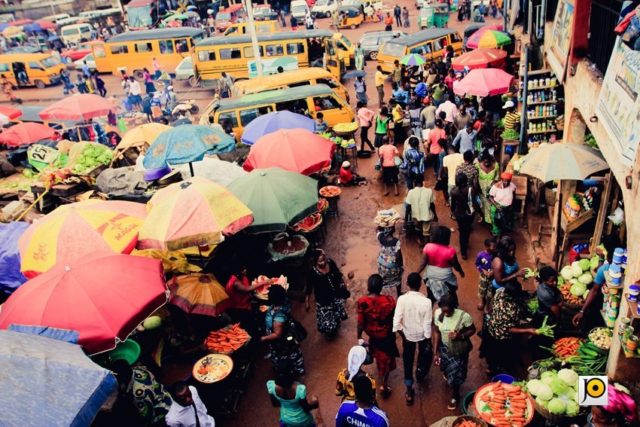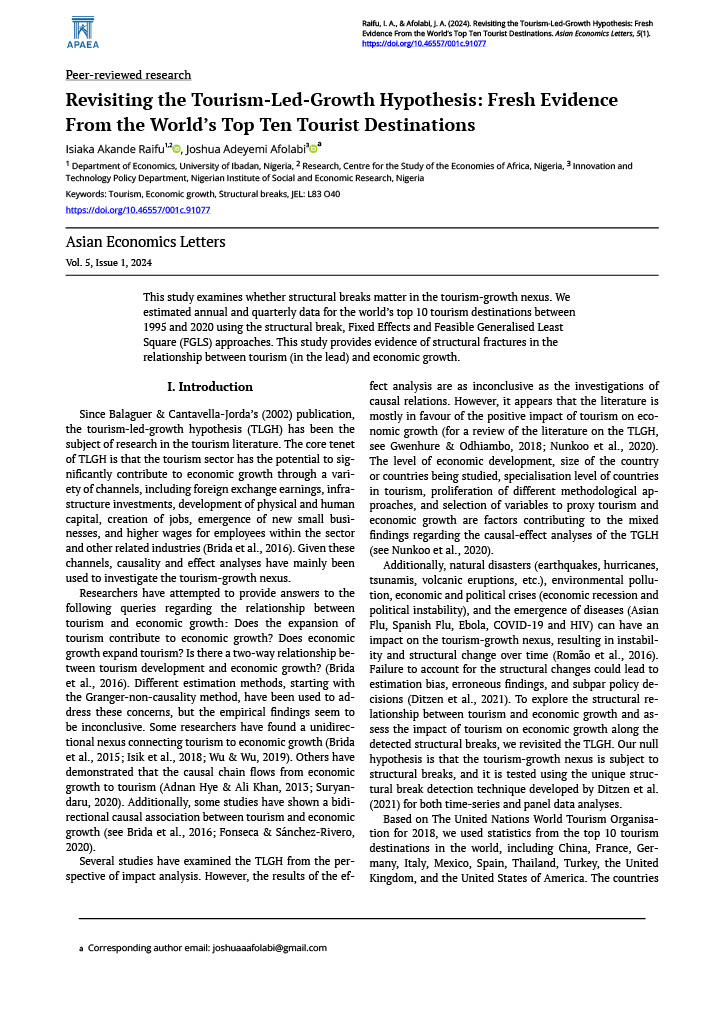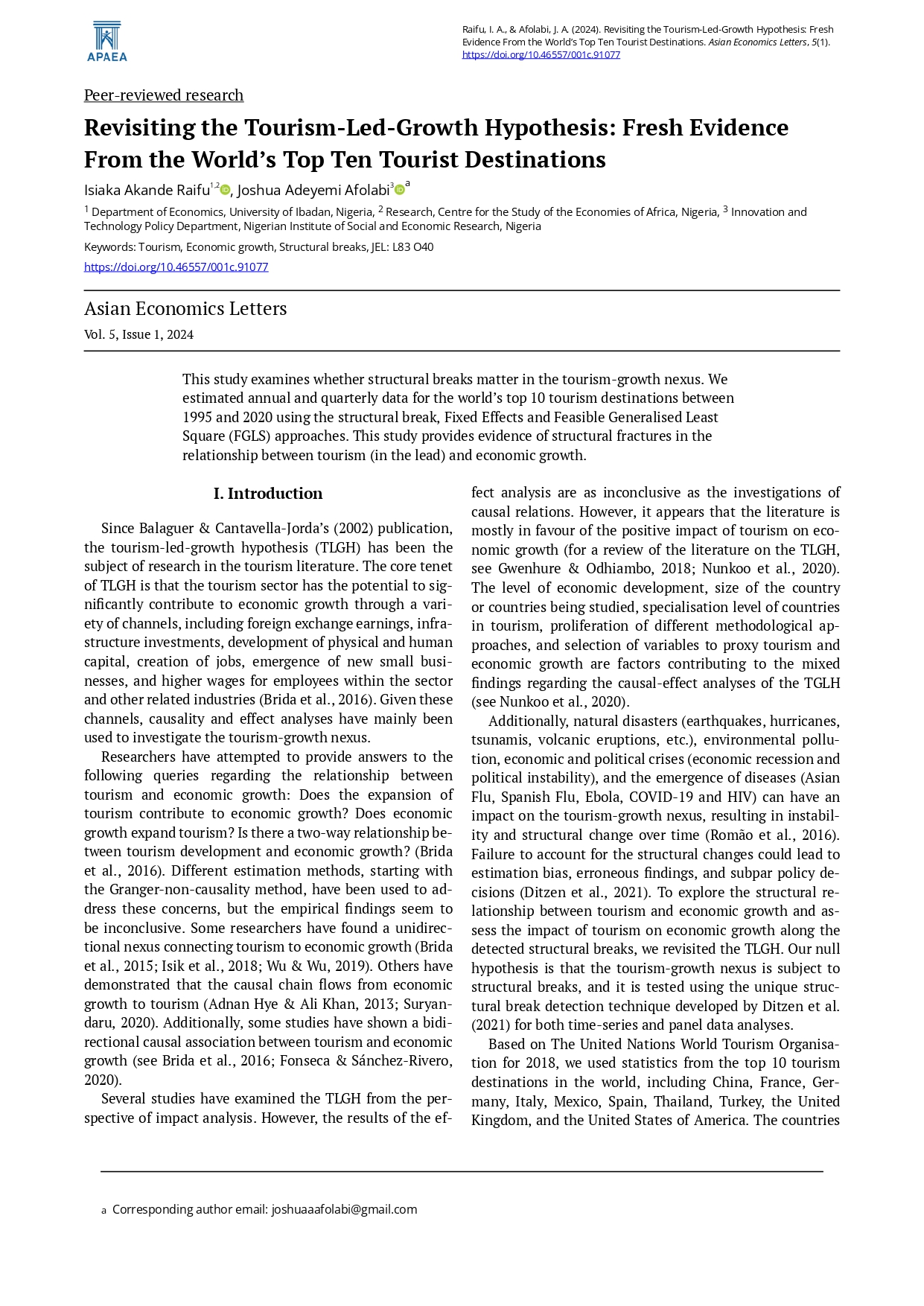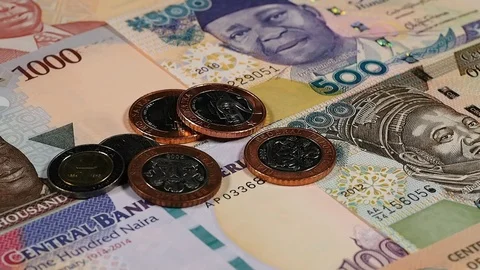Towards Economic Resilience in Sub-Saharan Africa: The Role of Institutional Quality and Human Capital Development
A viable economy's hallmark is its ability to generate positive growth rates and its capacity to sustain such growth, especially during a crisis. Economic crises have the potential to induce uncertainty, reverse pre-crisis economic gains and force preexisting challenges to reemerge, necessitating actions on building economic resilience. Given the fragility of most countries in Sub-Saharan Africa (SSA), the current paper evaluates the role of institutional quality (INSQ) and human capital development in boosting economic resilience in SSA. The sampled countries were classified into fragile and resilient countries. Annual data spanning 2000–2021 was obtained and analyzed using the Bias-Corrected Method of Moments (BCMM) estimation method, which can adequately account for cross-sectional dependence, endogeneity, and heterogeneity in the sample.
Authors: Joshua Adeyemi Afolabi, Isiaka Akande Raifu


 English
English
 Arab
Arab
 Deutsch
Deutsch
 Português
Português
 China
China




